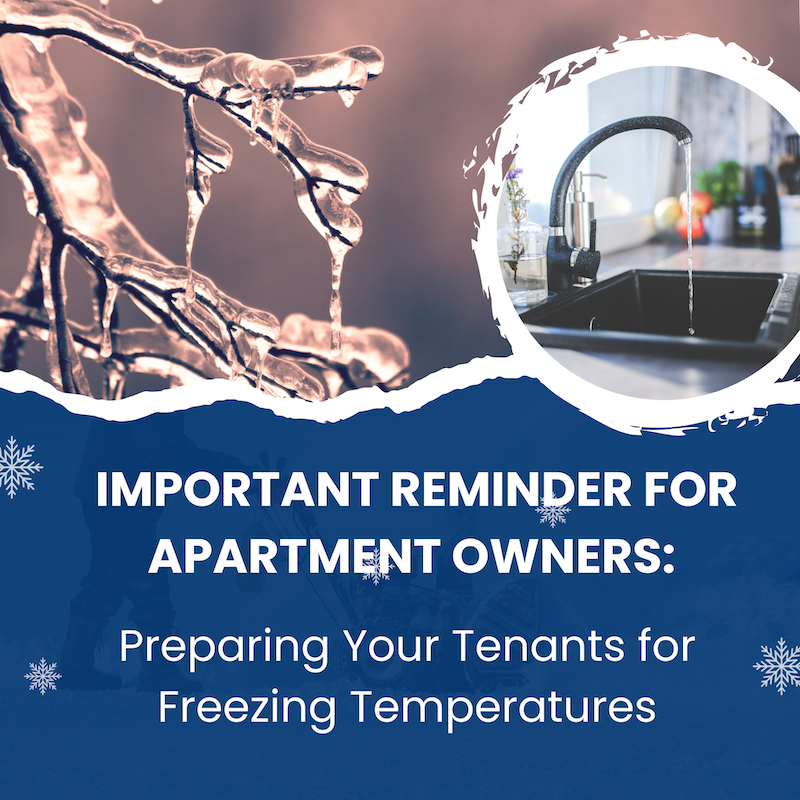
Dear friend,
Yesterday, we joined together with City of Houston Mayor Sylvester Turner, Fort Bend County Judge KP George, and public health officials from across the region to provide important regional community guidelines to help contain the spread of coronavirus (COVID-19). The guidelines are below.
Our goal is to make sure that we stay ahead of the spread of this virus as much as possible so that we slow the spread enough to allow our healthcare systems to keep up with an expected increase of patients. In the meantime, we are working locally to develop more access to testing, despite limitations at the state and federal levels.
Since the global outbreak began, we have been working in close coordination with regional jurisdictions to take proactive action to protect the health of our community by preparing for and responding to the spread of this virus. However, preventing the spread requires a strong partnership between government, the private sector, and individual residents like you. Below is a summary of the guidelines we are asking you to help us follow:
1. Immediately cancel or postpone events over 250 people
We strongly urge the organizers of any events over 250 people to cancel or postpone such events.
2. Cancel all gatherings in which people will be in close contact
Beyond large events, we are also strongly encouraging organizers of gatherings of any size in which people will be in close contact to cancel or postpone such events, if possible. If you cannot avoid bringing a group of people together, please make sure that anyone who is sick does not attend. Additionally, those who are at higher risk for severe COVID-19 illness should not attend and organizers should increase the frequency of sanitizing common touchpoints.
3. Severely restrict access to senior living, nursing homes, and assisted living facilities
Older adults are at highest risk of dying from this virus. Senior living facilities, assisted living facilities, and other facilities with populations at higher risk for severe COVID-19 illness should limit interactions with the general public as much as possible. These facilities should implement social distancing measures, reduce large gatherings (e.g., group social events), and limit programs with external staff. Residents’ exposure to the general community should be limited, and visits should be limited and restricted to residents’ rooms. Attendees, staff, and visitors should be screened for temperature and respiratory symptoms. Frequently touched surfaces should be cleaned daily, and directors should implement short-term closures as needed.
4. If you’re at higher risk, stay home
People at higher risk of severe illness should stay home and away from large groups of people as much as possible, including public places with lots of people and large gatherings where there will be close contact with others. Those at higher risk include people 60 and older, people with underlying health conditions (e.g. heart disease, lung disease, diabetes), people who have weakened immune systems, and pregnant women. Anyone who has questions about whether their condition puts them at increased risk for severe COVID-19 illness should consult with their healthcare provider. Those without a healthcare provider should contact Harris Health’s Ask A Nurse line at: 713-634-1110.
5. Manage a business? Urge your employees to work from home if possible
Employers should take steps to make it feasible for their employees to work in ways that minimize close contact with large numbers of people, and allow flexibility in sick leave benefits. Frequently touched areas in workplaces (doorknobs, tabletops, countertops, phones, keyboards, etc.) should be cleaned and disinfected regularly, while protective actions should be taken to protect employees who are at higher risk of severe illness.
We respect and support individual school districts’ decisions about closures or postponement of activities. It is important for schools to limit potential spread of COVID-19 because infected students may still come into contact with those who are at higher risk for severe COVID-19 illness outside the school setting. If schools do remain open, they should implement social distancing measures, reduce the frequency of large gatherings (e.g., assemblies), and limit the number of attendees per gathering. Additionally, we recommend that schools alter schedules to reduce mixing (e.g., stagger recess, entry/dismissal times), limit inter-school interactions, and consider distance learning and/or e-learning in some settings. Schools may also conduct regular health checks of students, staff, and visitors, if feasible.
For more detailed information, read Harris County Public Health’s complete updated regional community guidelines here. These guidelines will remain in place until March 31, 2020 or until otherwise noted.
I also encourage all Harris County residents to visit the Ready Harris website for the latest information and to sign up to receive text updates, which are sent in real time to subscribers. Finally, if you or anyone without healthcare need access to coronavirus-related care, the County’s Ask My Nurse hotline can help assess symptoms and refer you to appropriate care and testing if necessary. To reach a nurse, call 713-634-1110.
If I have learned anything as Harris County Judge, it is that ours is a strong, resilient community — we will make it through this! In this time of uncertainty, let’s be sure we take care of one another.
Abrazos,
Lina Hidalgo





